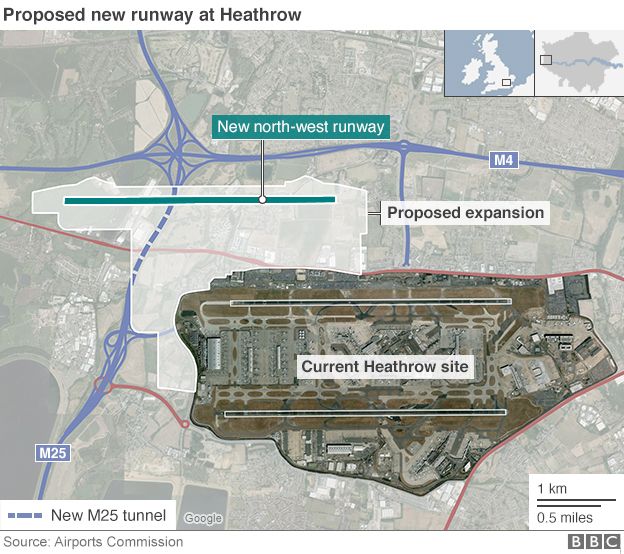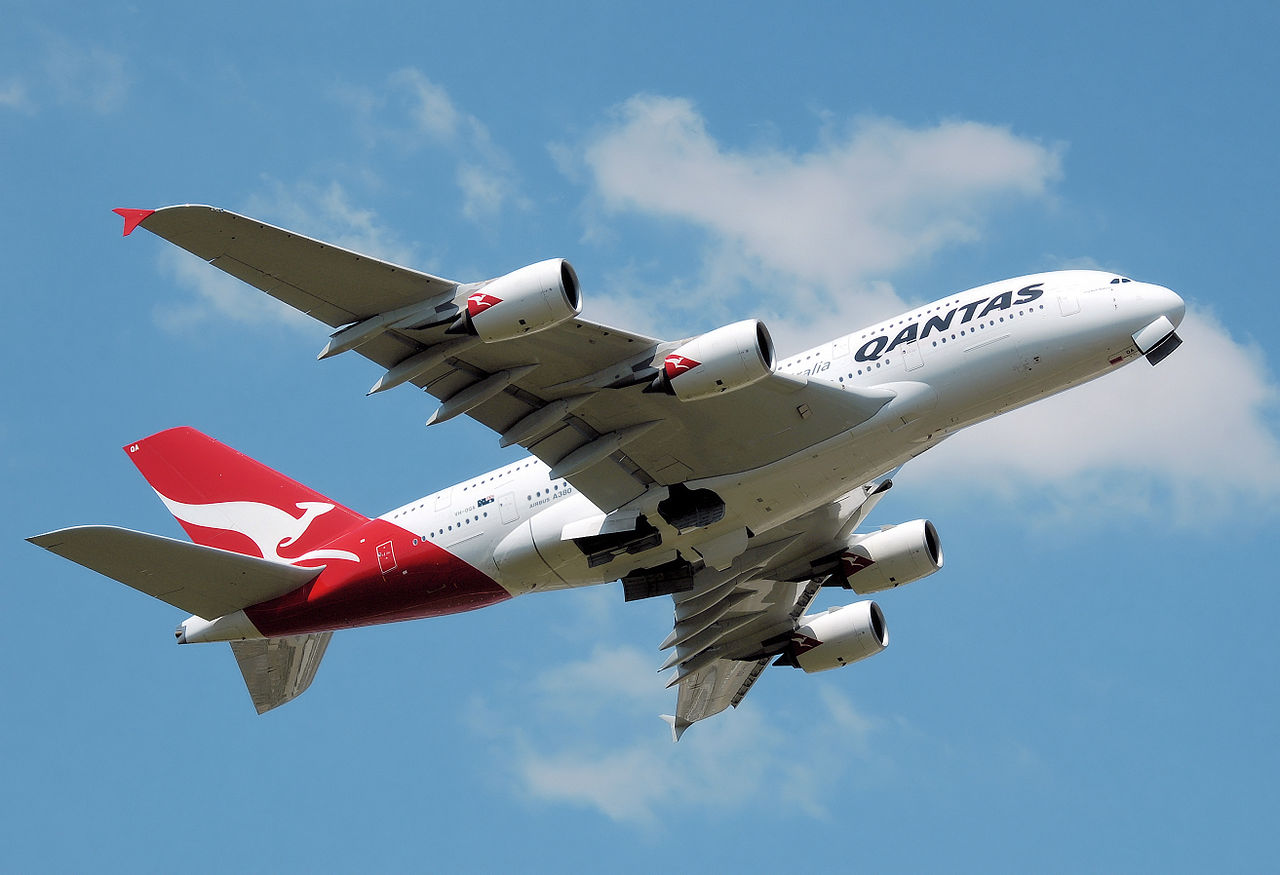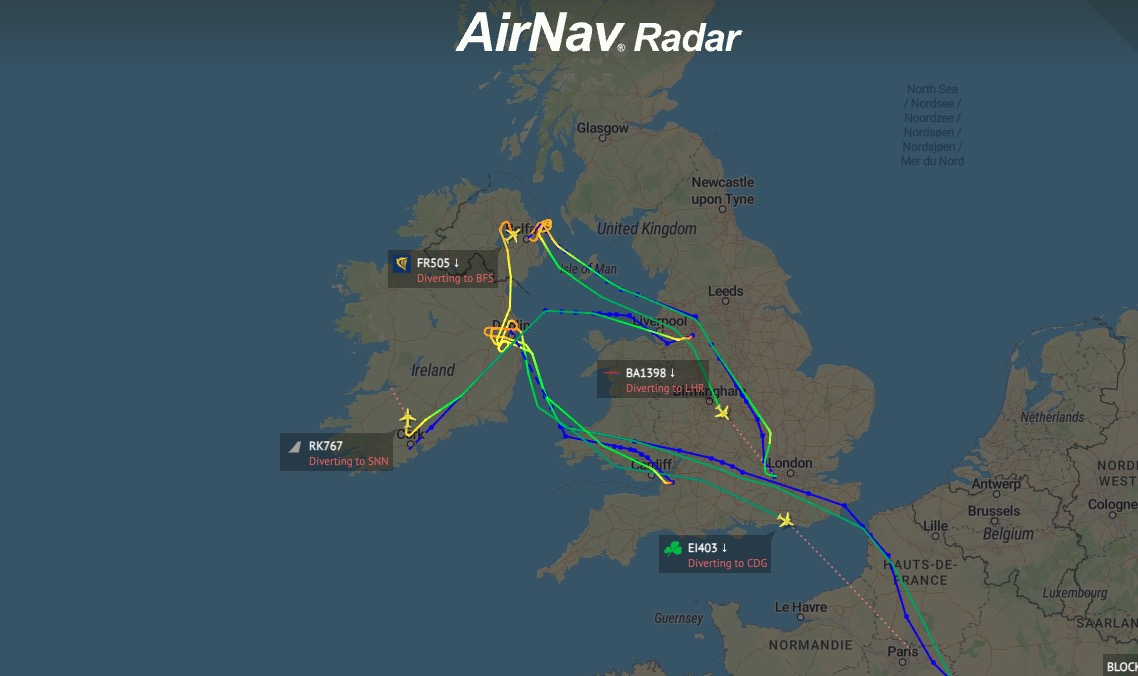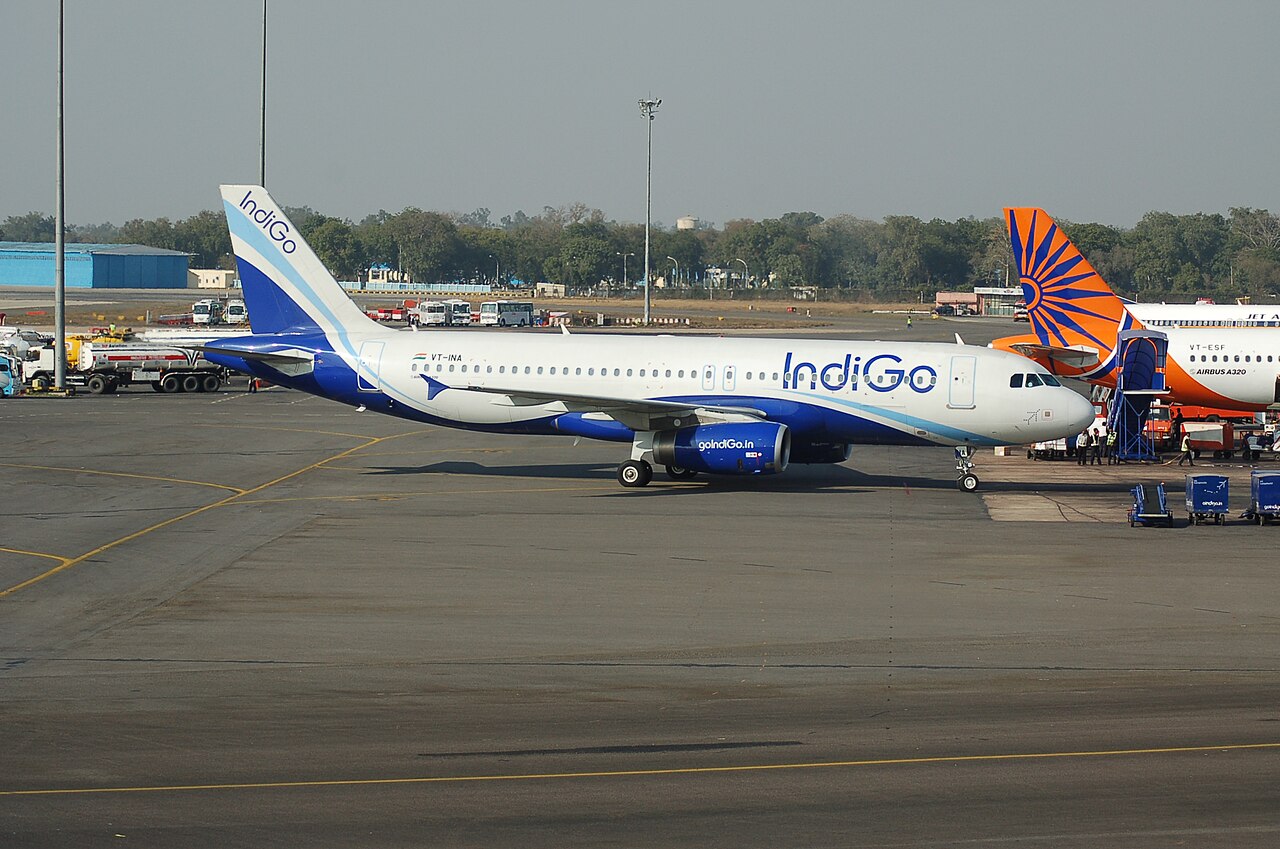
Ministers will decide within weeks whether to enlarge Heathrow or rival Gatwick and the environmental impact will play a big part in that decision.
Prof Rod Jones from the University of Cambridge told the BBC: “If there is the development of a third runway, we expect there to be a marginal increase in NO2 coming from the airport itself, but that would be against the background of reduced NO2 from other traffic, because of Euro 6 engines and electrification of the traffic fleet.”
In other words, it comes down to traffic on the roads, rather than planes in the air, because that is where the bulk of the poisonous nitrogen dioxide gases come from.
As new, cleaner car, lorry and bus engines become more common, pollution levels should decline, wiping out any increase from a bigger Heathrow.
Prof Jones said using lots of smaller sensors, dotted in hard to reach places, gave them a clearer picture of what was going on.
“The major result from this study is that we have tested the models far more critically than you can from a single measurement site.”
Currently, the air has climbed above European health limits at several sites near Heathrow. This work suggests that as cleaner engines kick in levels will fall again.
More on BBC










